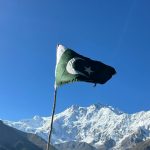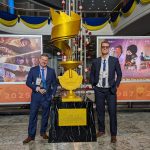North Korea and the Black Civil Rights Movement are not words you’d associate with each other necessarily, in fact North Korea is nowadays often looked at as part of bygone era, a last vestige of the Cold War, and all the other usual stereotypes that get banded about when talking about DPR Korea.
This though completely ignores the enormous part it played in the anti-Imperialist, internationalist, the black civil rights movement and self-determination movements that it was involved in. One cause the DPRK supported was against segregation and racism in the USA.
The Civil Rights Movement in America
1960s America was a rather crazy time, the country was embroiled in war in Vietnam, people were protesting and large swaths of the US were still segregated by race. We are all probably familiar with the Rosa Parks incident, or of the assassinated Malcolm X. Malcolm X was a leading figure in the Nation of Islam and a senior civil rights leader. Although the government certainly viewed Mr. X and the Nation of Islam as extreme, they were very far from the most extreme of the civil rights movement.
The Nation of Islam
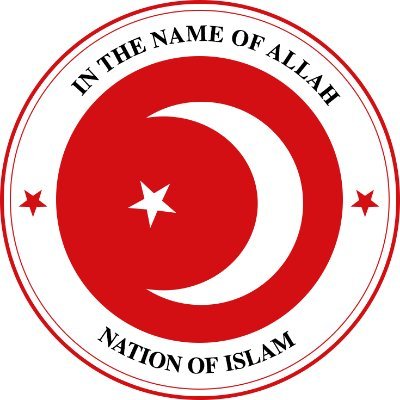
The Nation of Islam deserves its own blog post entirely, but to put it in short it was founded by Wallace Fard Muhammad on July 4, 1930. Its goals were stated to be to improve the spiritual, social, and economic lives of African-Americans. Whilst holding various similarities with Islam, it is very much its own thing and is not part of either main Muslim Sect.
Probably the most famous Nation of Islam adherent was Cassius Clay, who would rename himself Mohammed Ali and also refuse to serve in the Vietnamese War, famously stating;
“Why should they ask me to put on a uniform and go 10,000 miles from home and drop bombs and bullets on Brown people in Vietnam while so-called Negro people in Louisville are treated like dogs and denied simple human rights? No I’m not going 10,000 miles from home to help murder and burn another poor nation simply to continue the domination of white slave masters of the darker people the world over. This is the day when such evils must come to an end. I have been warned that to take such a stand would cost me millions of dollars. But I have said it once and I will say it again. The real enemy of my people is here. I will not disgrace my religion, my people or myself by becoming a tool to enslave those who are fighting for their own justice, freedom and equality. If I thought the war was going to bring freedom and equality to 22 million of my people they wouldn’t have to draft me, I’d join tomorrow. I have nothing to lose by standing up for my beliefs. So I’ll go to jail, so what? We’ve been in jail for 400 years.”
The Nation of Islam were very much feared by the US authorities as it was very influential in the black civil rights movement, but it was a group to the left of them that caught world attention, and indeed the interests of North Korea.
The Black Panther Party

The Black Panther Party (BPP), originally the Black Panther Party for Self-Defense, was a Black Power political organisation founded by college students Bobby Seale and Huey P. Newton in October 1966 in Oakland, California.
It was active until 1982 after various infighting, alleged infiltration by the CIA and a hell of a lot of controversy.
During its height it had chapters throughout the United States, the UK and even Algeria. It also had what one might call diplomatic relations with several countries, and in some respects acted as a kind of government in waiting for African-Americans.
At its inception of its main goals was open carry peoples patrols to combat police brutality in Oakland, but it also engaged in many popular social programs, such as breakfasts for kids, which made it extremely popular as a political group and ideology.
Its original 10 point programme being;
- We want freedom. We want power to determine the destiny of our Black Community.
- We want full employment for our people.
- We want an end to the robbery by the Capitalists of our Black Community.
- We want decent housing, fit for shelter of human beings.
- We want education for our people that exposes the true nature of this decadent American society. We want education that teaches us our true history and our role in the present day society.
- We want all Black men to be exempt from military service.
- We want an immediate end to POLICE BRUTALITY and MURDER of Black people.
- We want freedom for all Black men held in federal, state, county and city prisons and jails.
- We want all Black people when brought to trial to be tried in court by a jury of their peer group or people from their Black Communities, as defined by the Constitution of the United States.
- We want land, bread, housing, education, clothing, justice and peace.
Not all that controversial by the modern sense, but at the time was seen by US authorities as being dangerously left-wing. Ironically during Black History Month and in 2020, people are still fighting for exactly the same rights.
The drift to the left of the Black Panther Party
With its belief in social justice and general left-wing leanings of the BPP and the Cold War climate, it was inevitable that many African-Americans would see positives with the Eastern Bloc and communism, and that the Eastern Bloc would support groups such as the BPP.
The BPP also advocate self-determination (independence) for black people, something the US were obviously not too keen on.
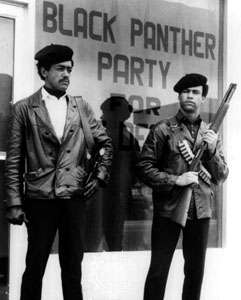
The Soviet Bloc it can be said in this instance, took advantage of the situation to show US hypocrisy criticizing the human rights of Communist countries, whilst denying rights to its citizens based on the color of their skin.
North Korea and the Black Panther Party
In 1969, Eldridge Cleaver, then a leader of the Black Panther Party, travelled to North Korea for an anti-imperialist journalists’ conference. Cleaver became enthralled with the achievements of the DPRK, which at the time far outweighed those of South Korea. He was also particularly impressed with the theory of Juche, or self-reliance.
Already believing that they needed self-protection and self-determination, Juche seemed like a perfect fit, or as the BPP would paraphrase Juche “Use what you got to get what you need.”.
In short the Black Panther Party saw the DPRK as the future of their movement, firstly they were anti-imperialist, but secondly North Korea looked like a utopia when compared with the inner-cities of the USA.
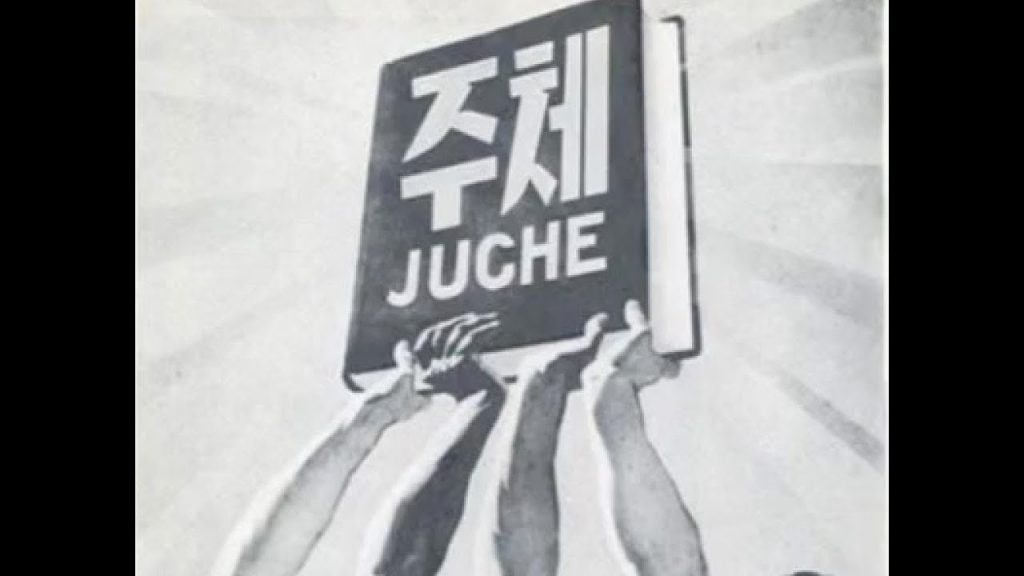
As Cleaver would later write “Being here in the Democratic People’s Republic of Korea (the official title of North Korea) is like catching glimpses of the future.”
The end of the Black Panther Party
As the party became more powerful and popular, the US government began to seriously fear the organization, with notoriously hawkish FBI Director J. Edgar Hoover describing the party as “the greatest threat to the internal security of the country.”.
The US was never going to put up with a black, socialist, self-determination movement within its borders and through an official program of infiltration, surveillance and police harassment known as COINTELPRO, the group headed into steady decline. By 1982, it had split into numerous factions and was no longer the former force it once was.
North Korea and the Black Civil Rights Movement – Continuing influence
Despite the many groups now carrying on the mantle of the Black Panther party, many of them still believed in Juche. The Black Vanguard Party–a revolutionary socialist organization in San Francisco– published a newspaper entitled “Seize The Time” in the mid-1970s that often mentioned Juche. They would also send representatives to Juche conferences held in the USA and abroad.
In the East Coast, a group of White radicals aligned with the party would form a group and newspaper called “Juche”, again espousing the ideas of the Workers Party of Korea.
Modern North Korea and the Black Lives Matter movement
When incidents occur, such as the shooting of Rodney King, or the murder of Trayvon Martin, DPRK state media often makes comments denouncing US policies towards its black population. For the latter it stated “The U.S. true colors as a kingdom of racial discrimination was fully revealed by last year’s case that the Florida Court gave a verdict of not guilty to a white policeman who shot to death an innocent Black boy.”
These have continued into recent times, with North Korea making various references to George Floyd, with the main emphasis still being that it is hypocritical for the US to preach about human rights, whilst a racial minority is oppressed in its own country.
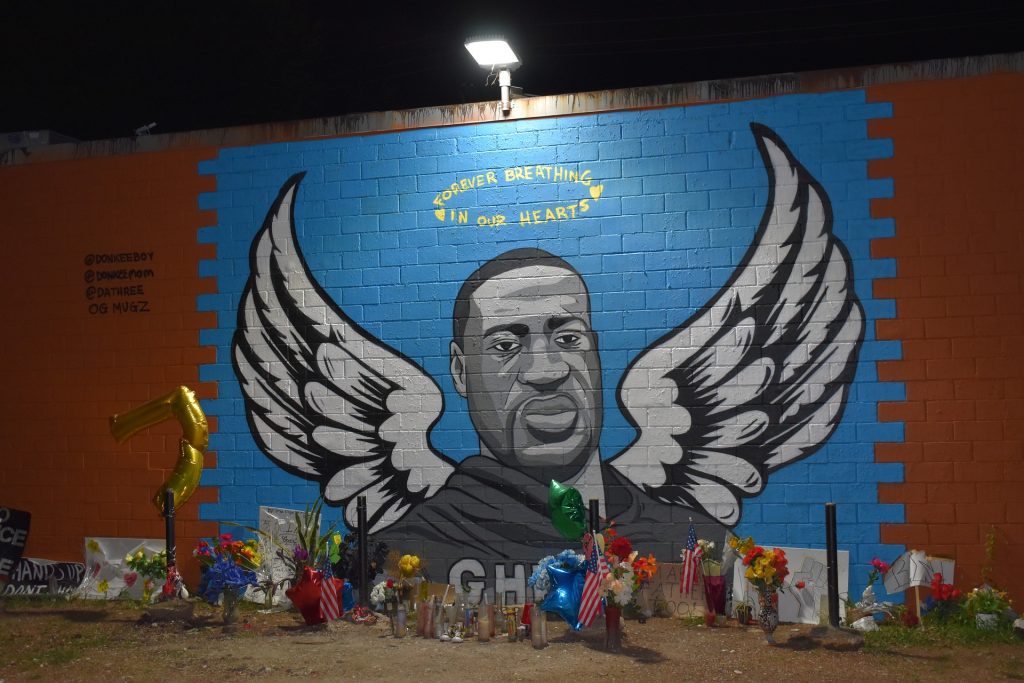
On official from Central Committee stating via the state newspaper Rodong Sinmun (로동신문) that;
“Demonstrators enraged by the extreme racists throng even to the White House. This is the reality in the U.S. today,”. He went further to add “American liberalism and democracy put the cap of leftist on the demonstrators and threaten to unleash even dogs for suppression.”.
North Korea may be one of the last socialist states left on earth, but it still very much has an internationalist outlook and agenda.
A black guy in North Korea
Sadly there is still a lot of racism in the world and this is something that many ethnicities need to consider when they travel. Can black people visit North Korea? North Korea are extremely welcoming of people regardless of colour, or creed.
So, whilst visits by Jimmy Carter, Bill Clinton and Donald Trump might be what you think when it comes to relationships between the USA and the DPRK the original and most compelling relationship was between the DPRK and the Black Panther Party.



